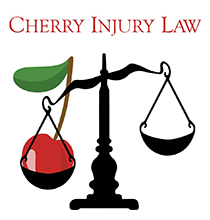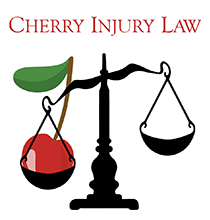Pennsylvania Coma Attorneys
A coma is defined as a state of deep and often prolonged unconsciousness. It is most often compared to a sleeplike state, but it is not sleep. The patient does not awaken after a period of time, does not respond to stimuli and doesn’t make any voluntary actions. While movies depict comas as states of permanent sleep, the truth of the matter is that coma patients may be able to walk, speak or do other things that may seem to be voluntary actions — but they are not. Most coma patients recover in a with a few weeks of their injuries, but some may stay in a coma for years on end.
Doctor’s have developed something called the Glasgow Coma Scale in order to rate how deep the coma patient is “under”. Early on in the coma, medical professionals may use the Rancho Los Amigos Scale, but it is more complex). The Glasgow Coma scale measures how well patience respond to certain stimuli. The scale tracks things like eye movement, verbal queues and responses, and motor skills and reflexes. The higher the patient’s Glasgo Coma scale score, the better; a fully functional awake individual would score a 15 on the scale, while someone who is in a very deep coma might score a much lower number, like a 3. By taking this score a doctor can predict the level of brain damage a patient has experienced, an important factor when preparing for the amount of care a patient may need when and if they do wake up.
Comas can be exceedingly difficult to deal with for those close to the victim. While the individual is alive, they cannot respond; doctors in turn cannot accurately predict how or when a patient will recover. Families with limited resources must make painful decisions about a patient’s future health care, all the while worrying about what to do if the victim does ever recover and the prospect of having to pay for extensive therapy or around the clock medical care.
If someone you love is in a coma because they suffered a traumatic brain injury, you will be faced with the daunting prospect of considering your family and your loved ones medical, financial, and emotional future. If you feel that the injury was the result of another individuals negligence, you have the right in Pennsylvania to seek damaged from the offending party in a court of law. The Philadelphia coma attorneys at Cherry Injury Law have the experience and resources to help the most seriously of injured brain victims and their families. Our attorneys are dedicated to offering personal, tactful, caring treatment of our clients during this most trying time. For a free evaluation of your case, please call us today at 215-675-2400.








 Cherry Injury Law RSS Feed
Cherry Injury Law RSS Feed



